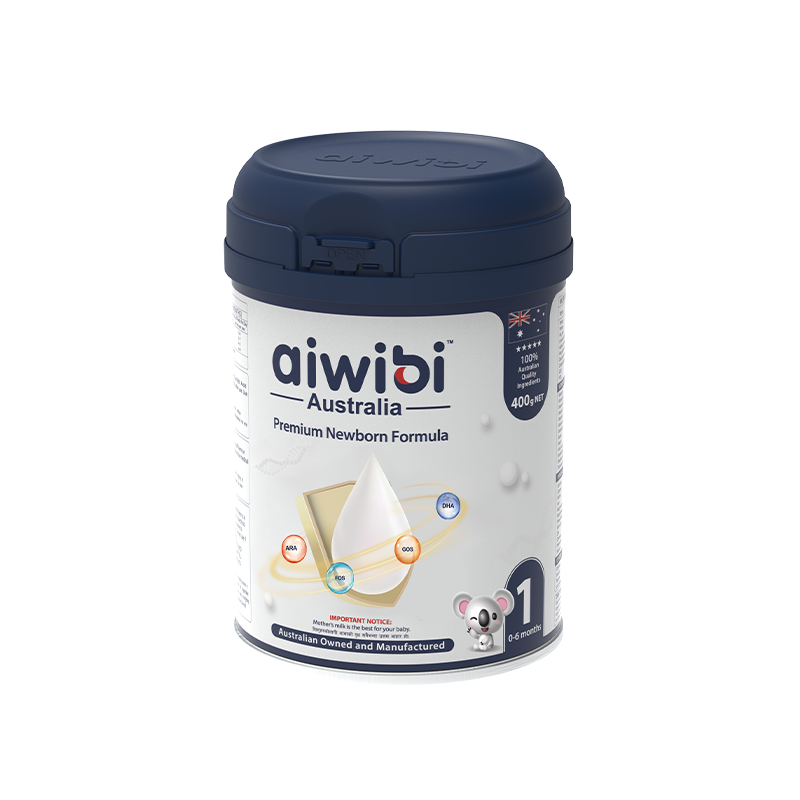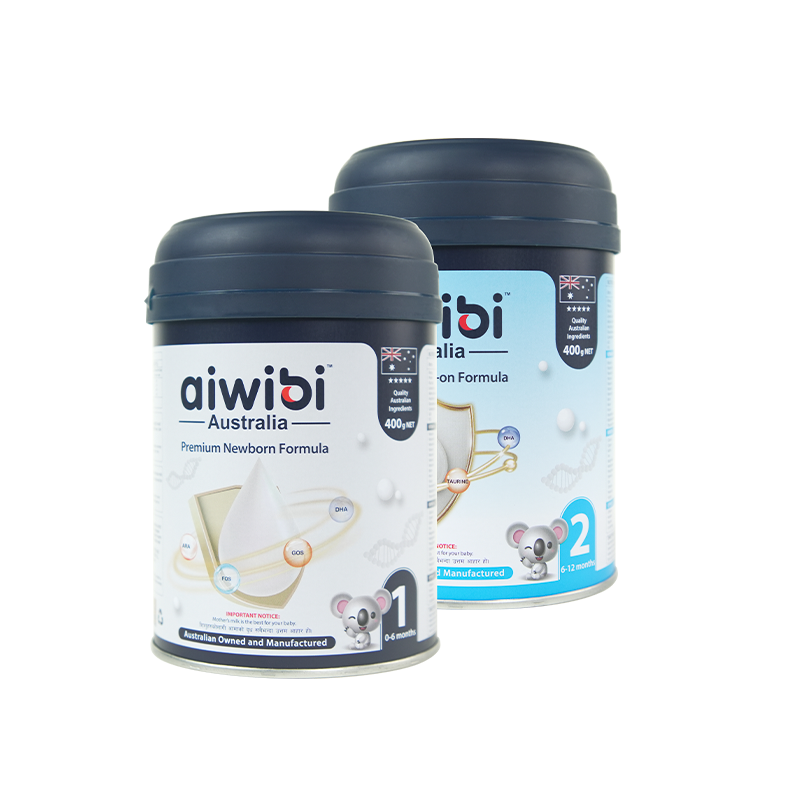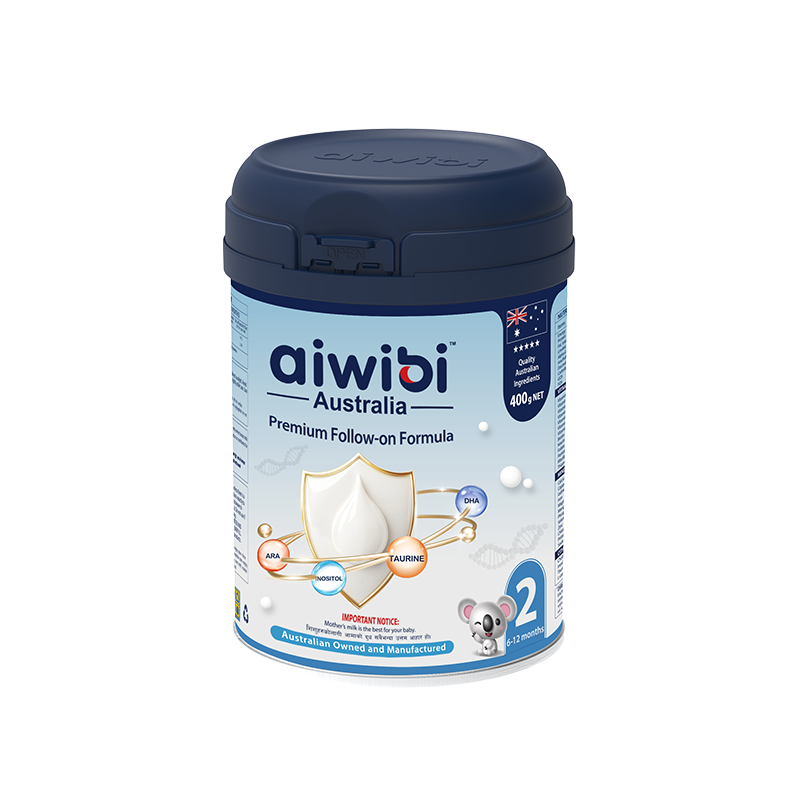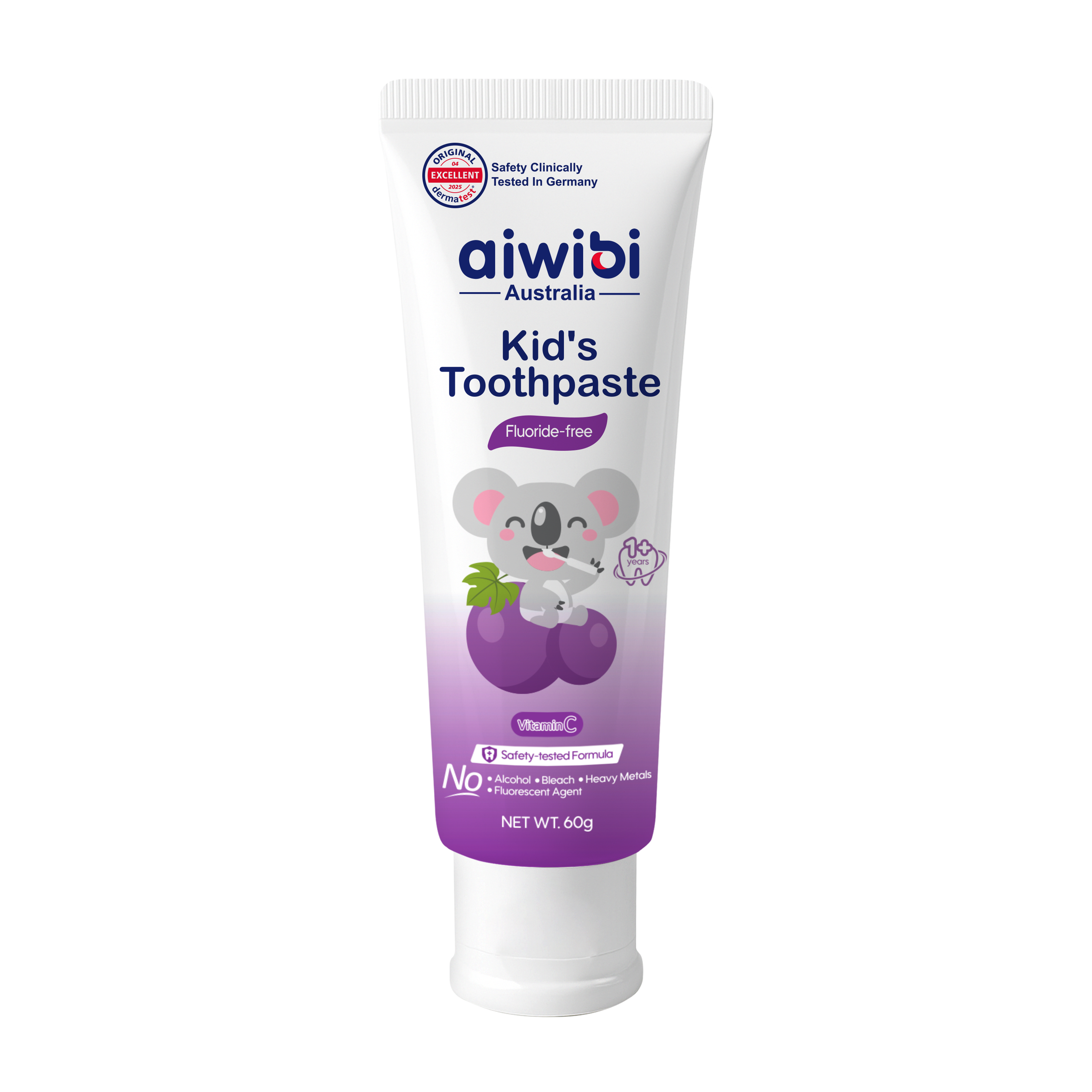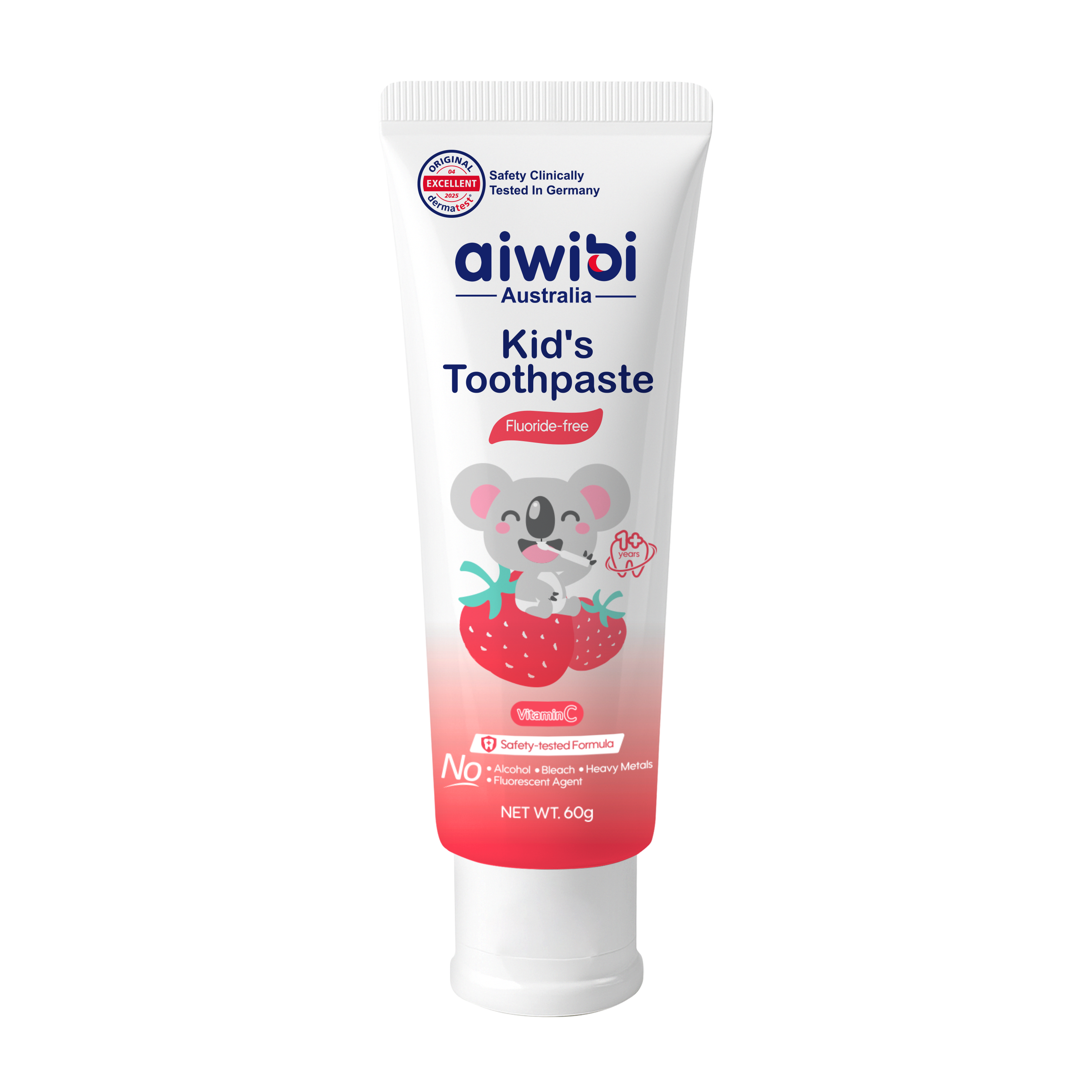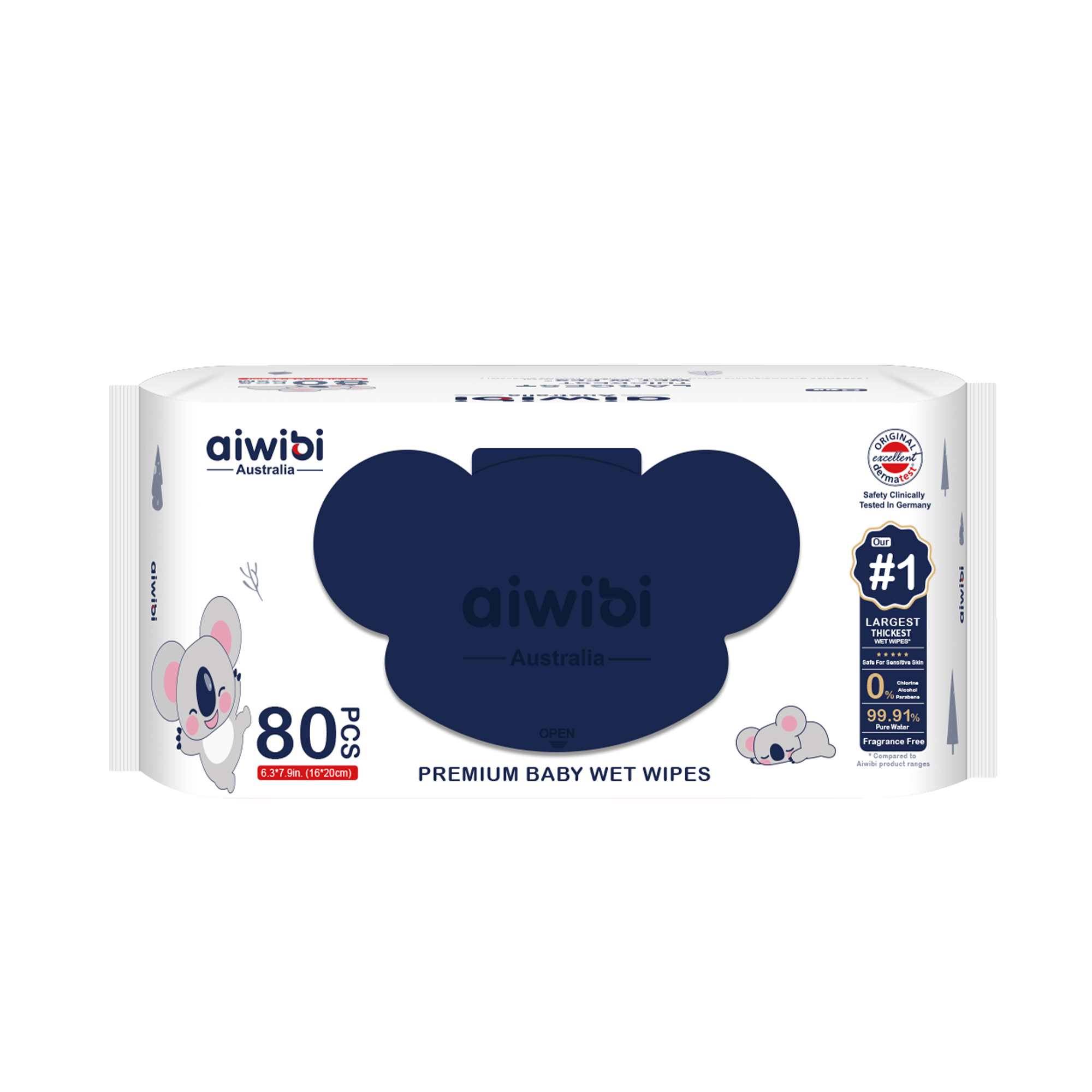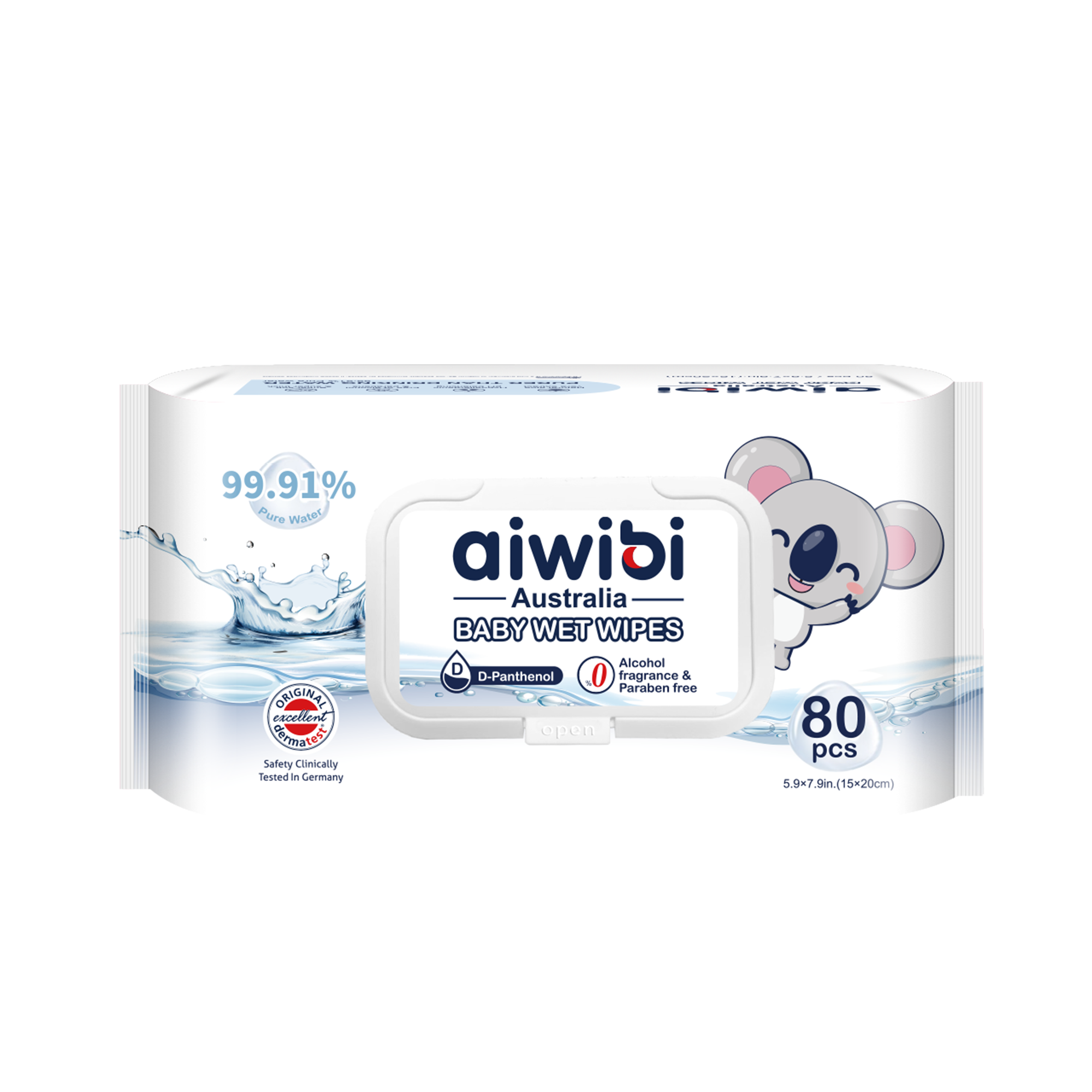Intestinal flatulence, or what some might call "baby gas," is a common thing with little ones. It simply means there's too much gas inside their intestines. Understanding the intestinal flatulence meaning and its causes can help parents manage baby intestinal flatulence effectively.
Let's look at some of the intestinal flatulence causes and remedies.

Common Causes of Intestinal Flatulence in Babies
1. Swallowing Too Much Air
- Poor breastfeeding technique (baby not latching properly on the areola)
- Bottle-fed babies using a nipple with too large a hole
- Incorrect bottle angle, allowing air to enter while feeding
Specially designed to reduce air intake and prevent colic in babies:
- Premium PPSU material for exceptional heat resistance and durability
- Breast-like soft silicone nipple minimizes air intake and nipple confusion
- Advanced anti-colic system reduces bloating and gas
- Inverted triangle vent valve prevents leaks
- Unique handle for comfortable grip
- Gravity ball design allows 360° free suction
- Clear measurement markings for accurate feeding
2. Gas-Producing Foods
What a nursing mother eats can sometimes affect her baby. If she consumes a lot of foods known to produce gas, like cabbage, onions, broccoli, and some starchy foods (potatoes, noodles, etc.), milk products, high-fiber foods (fruits, vegetables, etc.), and fizzy drinks, it might lead to more gas in her breast milk and subsequently in the baby, causing intestinal flatulence. Even for babies eating solids, some foods can lead to more gas.
3. Poor Digestion & Absorption
- If a baby struggles to digest lactose, fats, or proteins, undigested food ferments in the colon, producing gas (ballonnement intestinal flatulences)
- A weak or imbalanced microbiote intestinal (gut bacteria) can worsen digestion
4. Reduced Gas Expulsion
Digestive issues like constipation or intestinal blockage prevent gas from passing easily.
5. Air Pressure Changes
Believe it or not, changes in external air pressure throughout the day can cause "intestinal flatulence" in babies. When the air pressure outside is lower than inside their baby's intestines, the gas inside can expand, leading to discomfort.
6. Other Serious Conditions
Rarely, newborn baby intestinal problems like infections, irritable bowel syndrome, or short bowel syndrome may cause chronic flatulence.
How Do You Know If Your Baby Has Digestive Issues?
- Frequent crying, pulling legs towards the tummy
- Bloating, hard stomach, or excessive burping/farting
- Constipation or unusual stool patterns

How Do You Know If Your Newborn Has Intestinal Blockage?
- No bowel movements
- Vomiting
- Swollen belly
- Severe discomfort
How to Reduce Excess Intestinal Gas in Babies
✅ Use Anti-Colic Bottles – Like Aiwibi PPSU bottles with advanced anti-colic systems to minimize air intake
✅ Burp Frequently – After every feed, hold the baby upright and pat gently
✅ Adjust Feeding Technique – Ensure proper latch, use slow-flow nipples, and tilt bottles correctly
✅ Massage & Tummy Time – Gentle clockwise belly rubs and supervised tummy time help release gas

✅ Foods That Help Digestion – For breastfeeding moms, avoid gas-inducing foods; for older babies, introduce probiotics (like yogurt)
✅ Warm Compress – A warm cloth on the baby's tummy can relax muscles and ease gas
When to Seek Help
If digestive problems persist, or if you suspect intestinal blockage, consult a doctor immediately.
Prevention Tip: Maintaining a healthy microbiote intestinal with breastfeeding and probiotics can improve digestion and reduce intestinal flatulence causes. Using specially designed anti-colic bottles like Aiwibi PPSU can significantly reduce air intake during feeding.
Frequently Asked Questions
- How do you get rid of intestinal wind? - Try anti-colic bottles, burping, massage, and adjusting feeding positions
- What causes excessive intestinal gas? - Swallowing air (can be reduced with proper bottles), certain foods, or digestive issues
- How do you reduce excess intestinal gas? - Proper feeding techniques with anti-colic bottles and diet adjustments
- When do babies' intestines develop? - Intestinal development continues through early childhood
- What are the intestinal problems in infants? - Gas, constipation, reflux, or rare blockages


